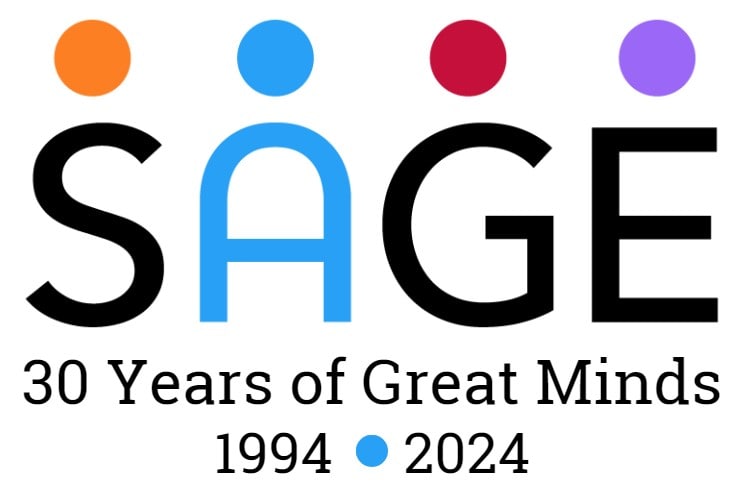This webinar has already taken place. Logged-in SAGE members can see the webinar recording below.
Presented By:
Cecily (CC) Andrews
President & Chief Strategist
Course Description
For perhaps the first time, senior care providers are considering offering far more intensive behavioral health services on their campuses. While always “around,” geriatric psychiatric services have jumped to the forefront in the last year, for several reasons. 2020-2021 saw a dramatic uptick in demand for these services, as residents with (and without) mental health conditions reacted to the isolation imposed in response to COVID-19. The traditional response by care communities has been to send these residents to the “geri-psych” hospital for treatment. Yet shipping residents to an unfamiliar and over-stimulating environment is far from conducive to their mental and emotional wellbeing. Fast forward to today, COVID restrictions are lifting and the senior care industry is adjusting to the next normal. Referral patterns that were adopted during COVID restrictions remain largely intact. Hospitals are discharging considerably more of their patients directly home, bypassing the long-term and senior care settings in favor of home-based recovery. And seniors who would once have considered senior living are still reticent to make the move. But one population of prospects on the rise is seniors with more dramatic behavioral issues, often associated with dementia. While these residents have traditionally been declined by traditional care communities, forward-looking providers are leaning into the trend and taking advantage of the opportunity to specialize in more challenging behavioral cases. This, of course, requires a shoring up of competencies…and the physical plant. Join us as we review current admission/move-in dynamics and evaluate how to retrofit existing communities to responsibly care for residents with higher-acuity behavioral health challenges.
Learning Objectives
Review current and projected move-in/referral trends.
Evaluate current in-patient geriatric behavioral health options.
Identify strategies to accommodate geriatric behavioral health needs within traditional senior care communities.
Discuss the unique needs of seniors afflicted with dementia and how they are similar and different to other behavioral health challenges.



